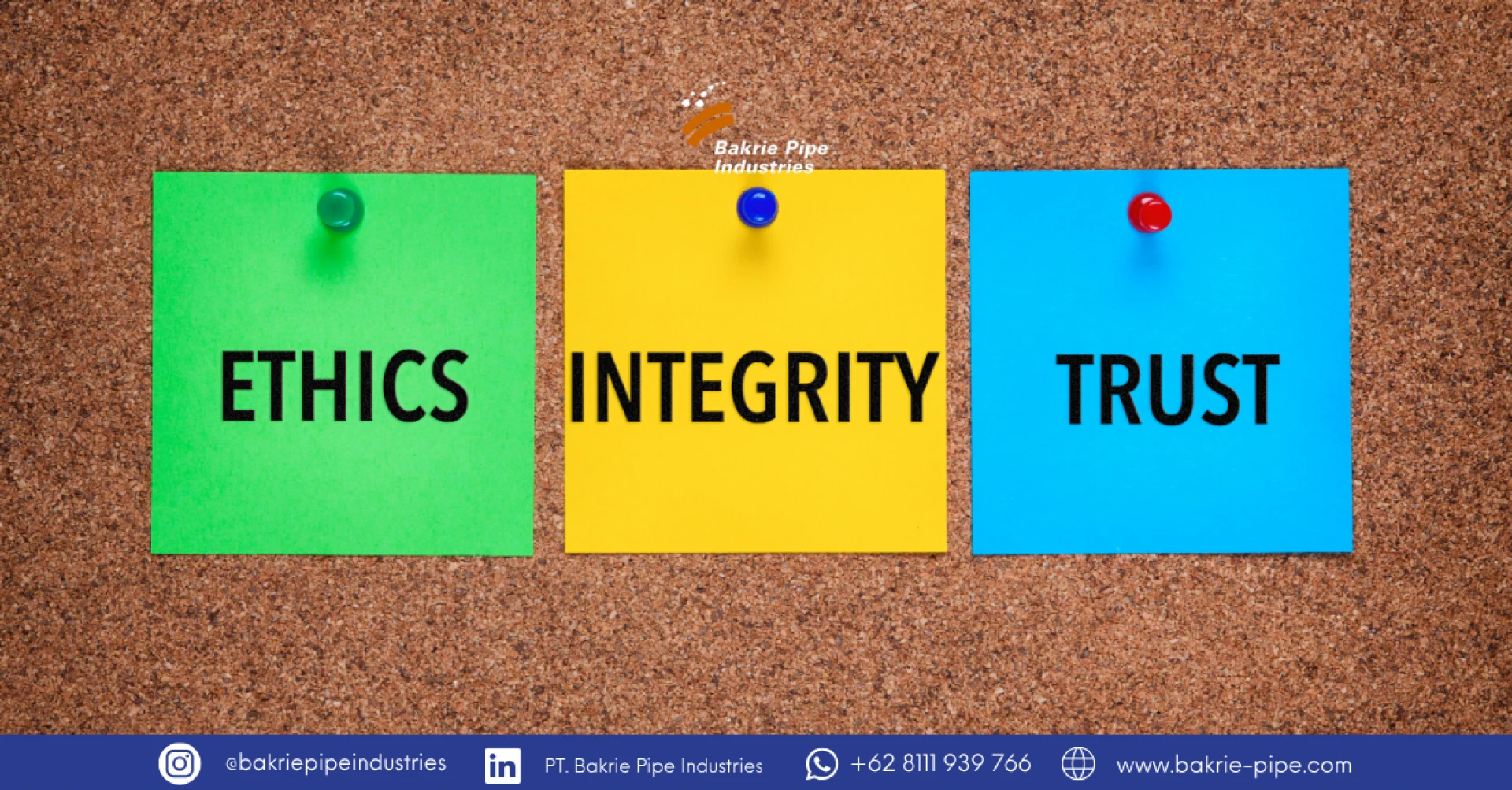
Integrity means aligning your words with your actions. Employees with high integrity are honest, reliable, and avoid taking shortcuts. Over time, this builds trust with coworkers, clients, and leaders.
Being responsibility means completing tasks on time, maintaining quality, and being accountable for the result. This attitude demonstrates commitment, reliability, and maturity, key traits of true professional.
Discipline shows how much a person values time and duty. Arriving on time, following schedules, and meeting deadlines reflect professionalism and respect for others’ time and efforts.
Professional ethics also mean showing respect to others, regardless of position or background. Polite communication, active listening, and teamwork are vital aspects of professionalism that foster mutual respect in the workplace.
In many industries, protecting data and internal information is crucial. Leaking sensitive information is crucial. Leaking sensitive information without authorization can damage both personal credibility and the company’s reputation. True professionals know when to speak, and when to stay discreet.
Professional ethics aren’t just written rules, they’re habits and values that shape one’s character. By practicing integrity, responsibility, and respect in daily work, employees can become valuable assets to their organizazion.
Remember, skills may get you to the job, but professional ethics will earn you respect and helps you sustain success.